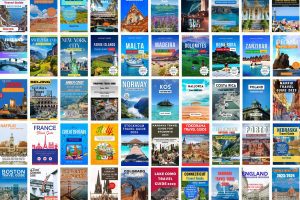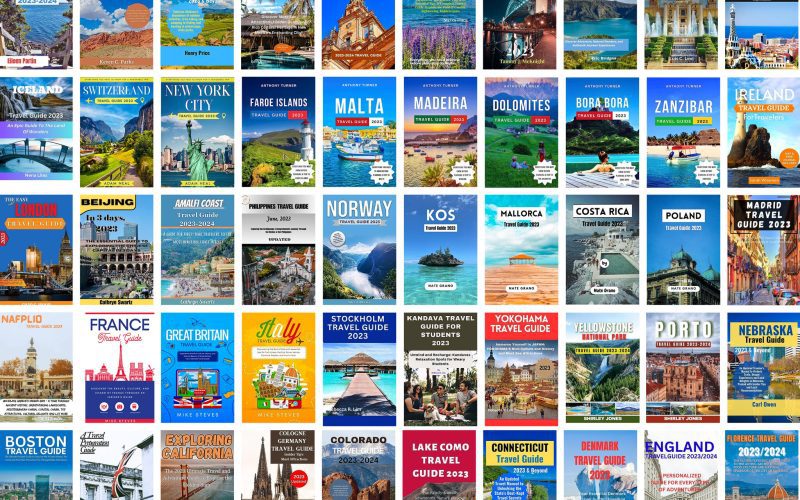The Rise of A.I. Guidebooks: A New Frontier in Travel Planning
In recent years, the travel industry has witnessed a transformative shift with the introduction of A.I.-generated guidebooks. These digital tools promise next-level travel experiences, offering personalized itineraries and recommendations. However, alongside this innovation comes a concerning trend: the rise of travel scams and cons perpetrated by scammers utilizing A.I.-powered content.
Unmasking the Dark Side: How Scammers Exploit A.I.-Generated Guides
As A.I.-generated content becomes more sophisticated, scammers are finding new ways to exploit it for their advantage. They leverage these tools to create fake guidebooks, travel blogs, and reviews that appear genuine at first glance. Unwary travelers fall victim to these scams, booking accommodations, attractions, or services that don’t match the advertised descriptions.
Signs of Deception: Identifying A.I.-Generated Travel Scams
Being vigilant is crucial to avoid falling prey to A.I.-generated travel cons. Look out for generic content that lacks authentic details, overly positive reviews that seem too good to be true, and inconsistent information across various sources. Additionally, watch for excessive use of industry jargon or an unnatural writing style that might indicate automated content.

Protecting Your Travels:
Tips to Navigate A.I.-Generated Travel Content
- Verify Sources: Cross-reference information from multiple reputable sources before making any bookings or reservations.
- Check Reviews: Pay attention to user-generated reviews and look for inconsistencies between them and the A.I.-generated content.
- Contact Businesses: Reach out directly to hotels, restaurants, or tour operators to confirm the accuracy of the information provided in guidebooks.
- Trust Your Instincts: If something seems too good to be true or raises suspicions, trust your gut feeling and conduct further research.
Conclusion
While A.I.-generated guidebooks offer convenience and innovation in travel planning, they also present opportunities for scammers to deceive unsuspecting travelers. By staying informed, practicing vigilance, and following the tips mentioned above, travelers can protect themselves from falling victim to A.I.-generated travel cons. As the travel industry evolves, it’s essential to navigate the digital landscape with caution and discernment.












